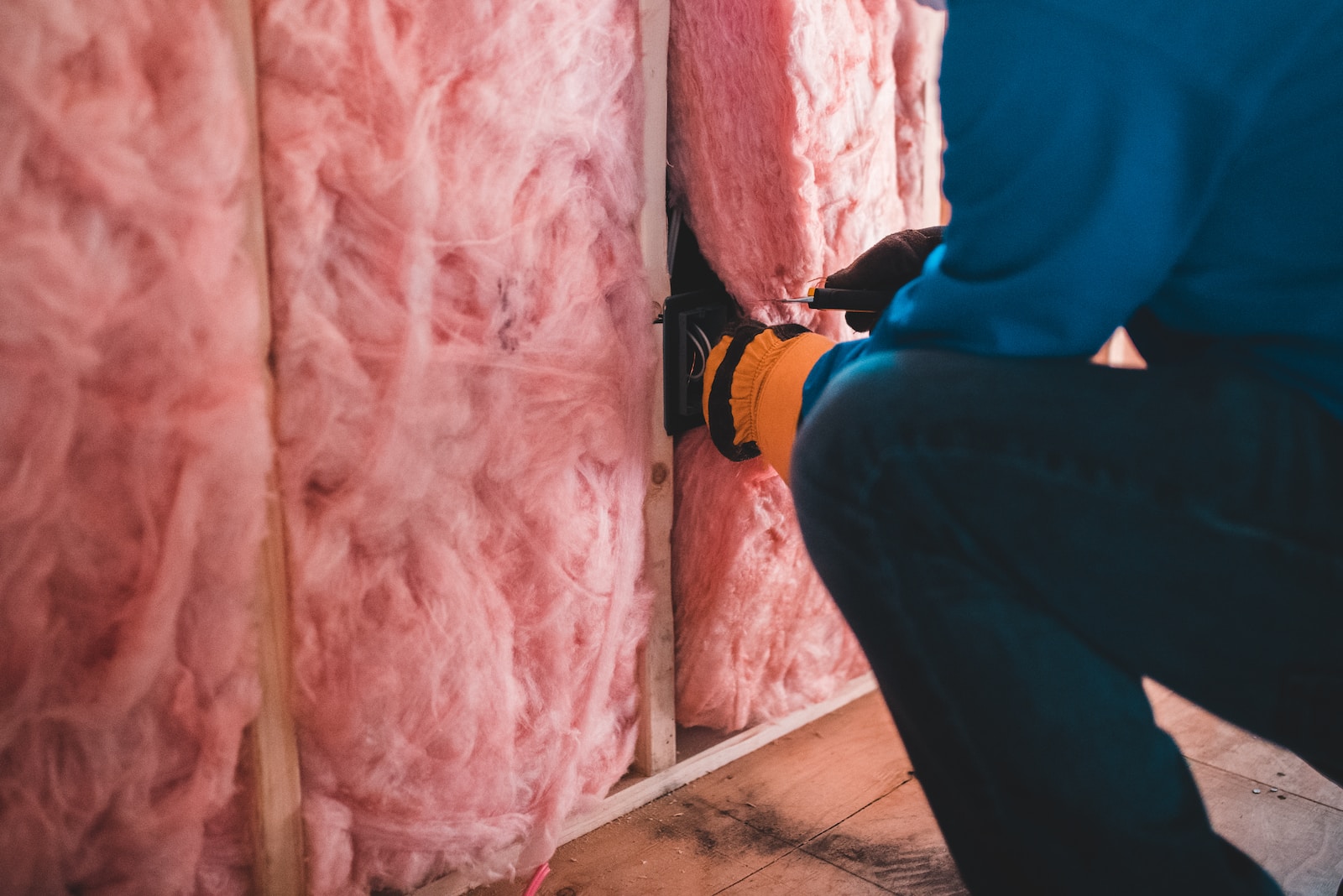Mastering the Art of Energy Efficiency: Crucial Factors for Selecting the Perfect Insulation Boards
Insulation boards are critical to modern construction, offering energy efficiency and comfort within residential and commercial buildings. By selecting the right insulation boards, homeowners can reduce energy costs, reduce noise pollution, and maintain an optimal indoor climate.
However, choosing the right insulation boards is not straightforward, as various factors need to be considered. This article aims to guide you through the essential considerations in choosing insulation boards, ensuring you make an informed decision that meets your needs.
Material Type
Several materials are used in insulation boards, including fibreglass, foam boards, mineral wool, and more. Each has unique characteristics and performance levels, so it is crucial to understand and align your needs with the suitable material.
Thermal Resistance (R-Value)
The R-value is a measure of an insulation material’s ability to resist heat flow. A higher R-value means better insulating properties. The required R-value might vary depending on the climate where you live and the part of the building you’re insulating.
Environmental Impact
Today, many consumers are considering the ecological footprint of their choices. Look for insulation boards made from recycled or sustainable materials with low volatile organic compounds (VOCs) levels. These choices minimise the impact on the environment.
Fire Resistance
Insulation materials should ideally be fire-resistant. This helps in maintaining the safety of the building. Check for certifications and ratings that assure the product’s compliance with safety standards.
Moisture Resistance
Moisture can significantly affect the efficiency of insulation. Materials that absorb water may lose their insulating properties, leading to mould and mildew growth. Opt for materials that resist moisture to maintain performance and longevity.
Ease of Installation
Some insulation boards are easier to install than others. Depending on whether you’re hiring a professional or doing it yourself, consider the ease of installation. Look for products with clear instructions and user-friendly designs.
Cost
The price of insulation boards can vary widely based on the abovementioned factors. Consider your budget, but remember that sometimes investing in higher-quality materials can save money in the long run through energy savings.
Local Building Codes and Regulations
Different regions may have specific building codes and regulations that dictate the type and insulation specifications used. Make sure to comply with these regulations to avoid legal complications.
To Wrap Up
Choosing the right insulation boards is a decision that requires careful consideration of various factors, including the material type, R-value, environmental impact, fire resistance, moisture resistance, ease of installation, cost, and local building codes. By assessing these aspects in line with your specific needs and preferences, you can make a choice that ensures efficiency, safety, and sustainability. Remember that professional consultation may also be beneficial to make an optimal selection tailored to your unique situation. Investing time and thought into this process is well worth the effort, as it will contribute to a more energy-efficient and comfortable living or working space.

